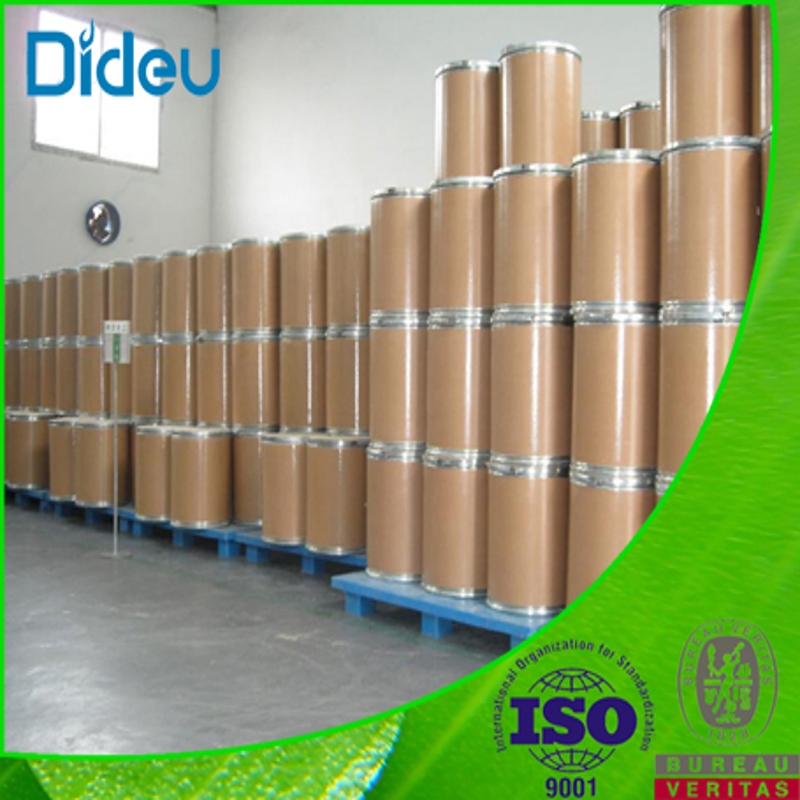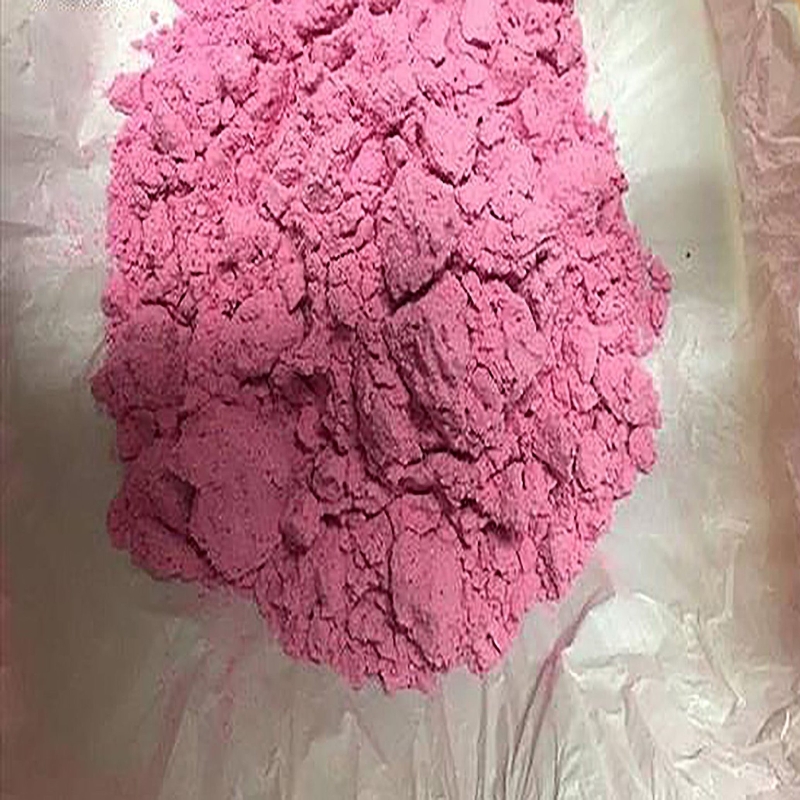-
Categories
-
Pharmaceutical Intermediates
-
Active Pharmaceutical Ingredients
-
Food Additives
- Industrial Coatings
- Agrochemicals
- Dyes and Pigments
- Surfactant
- Flavors and Fragrances
- Chemical Reagents
- Catalyst and Auxiliary
- Natural Products
- Inorganic Chemistry
-
Organic Chemistry
-
Biochemical Engineering
- Analytical Chemistry
-
Cosmetic Ingredient
- Water Treatment Chemical
-
Pharmaceutical Intermediates
Promotion
ECHEMI Mall
Wholesale
Weekly Price
Exhibition
News
-
Trade Service
On November 26, Lisheng Pharmaceuticals announced that it had recently received a "Notice of Approval of Drug Supplemental Application" (batch number: 2020B04992) issued by the State Drug Administration regarding the 20 mg specification of pyridocemic tablets (hereinafter referred to as "the drug"), and that the drug had been evaluated by the quality and efficacy of generic drugs.
fusemi tablet adaptation: 1. Edema-related diseases include congestive heart failure, cirrhosis of the liver, kidney disease (acute and chronic renal failure due to nephritis, kidney disease and various causes), especially when the use of other diuretics is not effective, the application of this type of drug may still be effective.
with other drugs to treat acute pulmonary edema and acute cerebral edema.
2. Hypertension is generally not the preferred drug for the treatment of primary hypertension, but this type of drug is particularly suitable when the drug is not effective, especially when accompanied by renal insexuality or hypertension risk.
3. Prevention of acute renal failure is used for various reasons leading to insufficient perfusion of renal blood flow, such as dehydration, shock, poisoning, anesthesia accidents and circulatory insanity, etc., and can be applied in a timely manner while correcting the lack of blood capacity, which can reduce the risk of acute necrosis of the renal tube.
4. Hyperkalemia and hypercalcemia.
5. Diluted hyponamicemia, especially when the blood sodium concentration is less than 120mmol/L.
6. Anti-diuretic hormone over-production (SIADH).
7. Acute drug poisoning, such as barbito drug poisoning.
。







